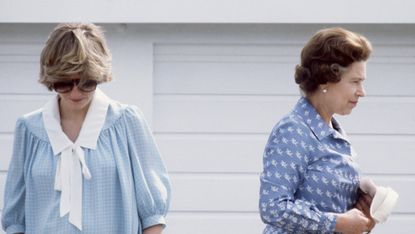
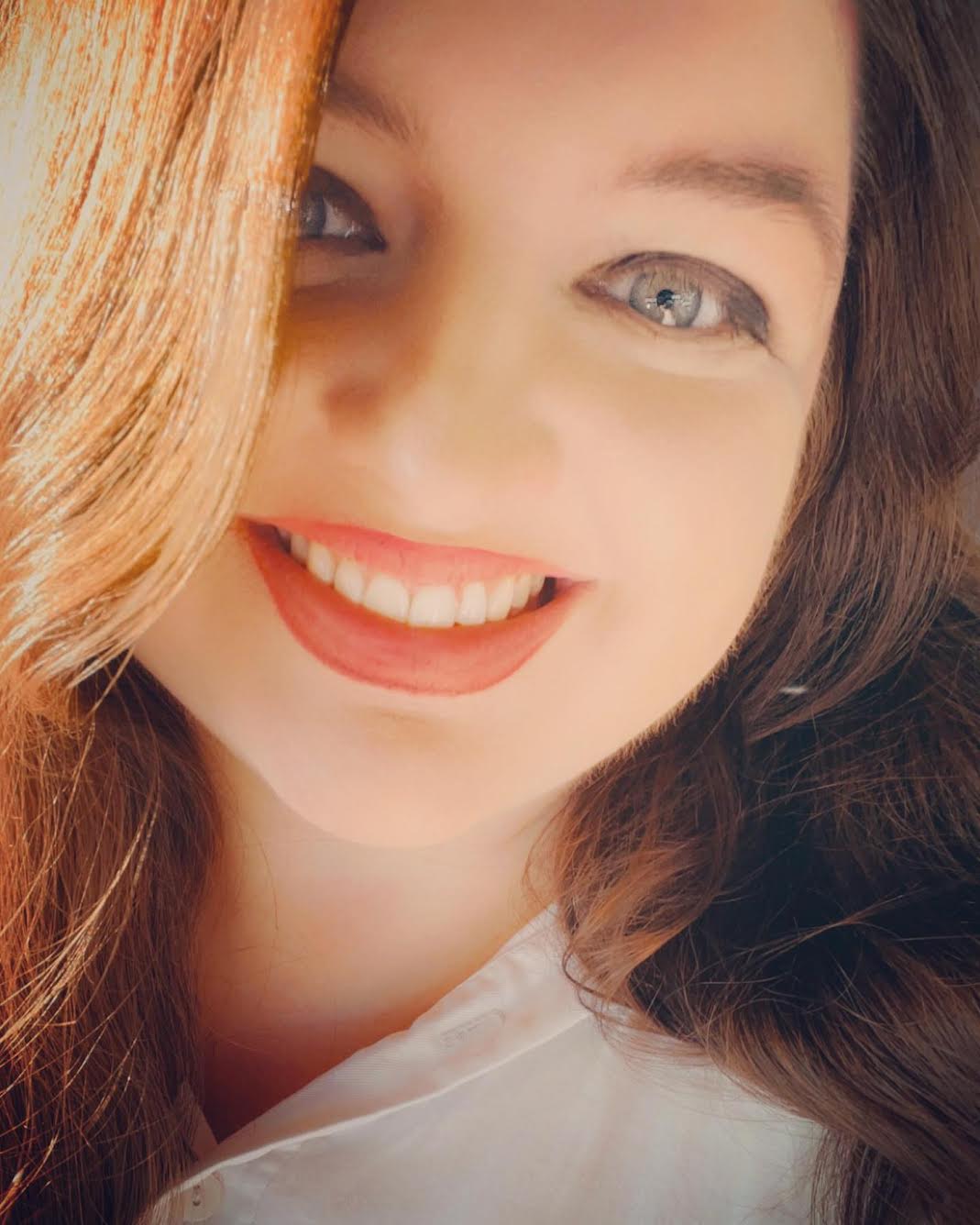
Andrew Morton has been busy lately—in addition to serving as a consultant for season five of Netflix’s The Crown (where he is part of the storyline), he also has a new book out this week called The Queen: Her Life, heavily excerpted here. The book details another storyline we’ve seen portrayed onscreen in season five: the oftentimes complex relationship between Her late Majesty and Princess Diana, both of whom Morton has written books about. “She was very supportive of Diana,” Morton says of the Queen, per People. “Diana always felt that the Queen was a kind of marital referee and that the Queen should really intervene over her husband’s relationship with Mrs. [Camilla] Parker Bowles. But the Queen’s policy was to hope for the best.”
Morton calls the 1990s “probably the worst decade of her reign,” as Her late Majesty had to contend with the divorce of not just Diana and her son, Prince Charles, but the divorces of two of her other four children, as well (and the suffocating press attention around all of it); her “annus horribilis” of 1992, including the Windsor Castle fire; and, of course, the worst of all, Diana’s tragic death in 1997 and how it affected her sons, Prince William and Prince Harry.
On June 14, 1992, Morton’s biography—later revealed as more of an autobiography—of the Princess of Wales, Diana: Her True Story, was released. The public response to the book was “explosive,” Morton writes in The Queen, and “though the Queen had been painfully aware of the marital rift [between Charles and Diana] for some time, she was unprepared for such a detailed public exposition…Behind the scenes the Queen and her aides tried to manage the unhappy situation. Her private secretary Robert Fellowes asked the princess point-blank if she had cooperated with the book. She looked him in the eye and told him a bald-faced lie: ‘No.’”
Days after she and Charles’ 1992 separation announcement, Diana made an appointment to meet with the Queen at Buckingham Palace. “When she entered the Queen’s suite, she burst into floods of tears, Diana claiming that everyone was against her. ‘The Queen didn’t know what to do,’ recalled a lady-in-waiting afterward. ‘She has always hated this kind of emotional confrontation and, frankly, has never had to deal with it before or since.’” During their hourlong conversation, Morton writes, the Queen reassured Diana that, “come what may, she would never be challenged regarding custody arrangements for her two boys. This was a profound relief for the princess, who had fretted about this issue long before the actual separation.”
For the next few years, the so-called “War of the Waleses” continued, and “much against the better judgement of her mother and sister [the Queen Mother and Princess Margaret], the Queen tried to keep Diana within the fold, quietly hopeful that at some point Charles and his wife could effect a reconciliation.” Diana, for her part, “was playing a waiting game, prepared to sit on the sidelines until her husband took the initiative and asked for a divorce. She felt that as he had asked her to marry him, he should be the one to initiate proceedings.”
Then, the BBC Panorama interview happened in 1995.
“When it was broadcast her television confessional was both shocking and, as far as the royal family was concerned, unforgivable,” Morton writes. “When the Queen finally watched a recording of the show, she was despairing, her husband [Prince Philip] apoplectic. Something had to be done, for the sake of not just the monarchy but also their grandchildren.”
Stay In The Know
Marie Claire email subscribers get intel on fashion and beauty trends, hot-off-the-press celebrity news, and more. Sign up here.
On December 18, 1995, Diana received a handwritten note from the Queen—“it was, Diana noted ruefully, the first letter she had ever received from her mother-in-law,” Morton writes. In the letter, the Queen explains that she found the best course of action was for Charles and Diana to divorce.
Yet, even through this tumult, Her late Majesty invited Diana to Sandringham for the royal family’s traditional Christmas celebrations, just the next week. “Diana declined, telling friends that she would ‘[go] up in my BMW car and come out in a coffin.’” Instead, she spent the holiday on her own at Kensington Palace before jetting off to the Caribbean.
“The princess’s decision to decline the sovereign’s invitation, normally viewed as a command, marked the nadir of her relationship with the Queen,” Morton writes. “It was an affront too many. From now on, the Queen was not always available to take her phone calls or ready to invite her to afternoon tea. Their dealings were necessarily more business-like than before, as the Queen was one of the interested parties in divorce negotiations.”
Diana’s future title became a matter of dispute. Diana said she had decided to be known as Diana, Princess of Wales, and told friends she had agreed to drop “Her Royal Highness.” “The Queen intervened, making clear that Diana’s ‘decisions’ were still requests and that she had not been pressured to give up the HRH,” Morton writes. As for her title, Morton writes, eldest son William told her “Don’t worry, mummy. I will give it back to you one day when I am king.”
Charles and Diana's divorce was finalized on August 28, 1996; Diana died almost exactly a year later, on August 31, 1997.

Rachel Burchfield is a writer, editor, and podcaster whose primary interests are fashion and beauty, society and culture, and, most especially, the British Royal Family and other royal families around the world. She serves as Marie Claire’s Senior Celebrity and Royals Editor and has also contributed to publications like Allure, Cosmopolitan, Elle, Glamour, Harper’s Bazaar, InStyle, People, Vanity Fair, Vogue, and W, among others. Before taking on her current role with Marie Claire, Rachel served as its Weekend Editor and later Royals Editor. She is the cohost of Podcast Royal, a show that was named a top five royal podcast by The New York Times. A voracious reader and lover of books, Rachel also hosts I’d Rather Be Reading, which spotlights the best current nonfiction books hitting the market and interviews the authors of them. Rachel frequently appears as a media commentator, and she or her work has appeared on outlets like NBC’s Today Show, ABC’s Good Morning America, CNN, and more.
-
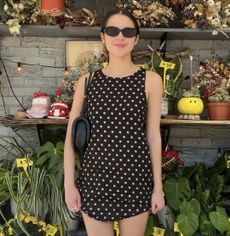 Olivia Rodrigo Finds the Perfect Spring Dresses at Reformation
Olivia Rodrigo Finds the Perfect Spring Dresses at ReformationShe's worn the brand twice in the past week.
By Julia Marzovilla Published
-
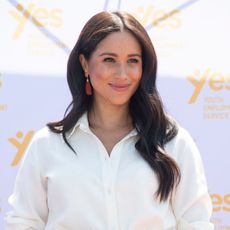 Curiously, Just as Meghan Markle Sends Samples of Her New Strawberry Jam Out, the Buckingham Palace Shop Starts Promoting Its Own Strawberry Jam on Social Media
Curiously, Just as Meghan Markle Sends Samples of Her New Strawberry Jam Out, the Buckingham Palace Shop Starts Promoting Its Own Strawberry Jam on Social MediaThe clip promoting the Buckingham Palace Shop’s product—we cannot make this up—is set to Mozart’s “Dissonance Quartet.”
By Rachel Burchfield Published
-
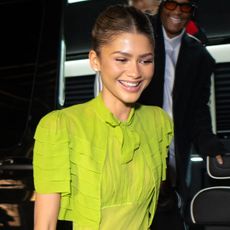 Zendaya's Latest 'Challengers' Serve Is Nearly a Century Old
Zendaya's Latest 'Challengers' Serve Is Nearly a Century OldThe 1930s-era dress may have been pulled months ago.
By Halie LeSavage Published
-
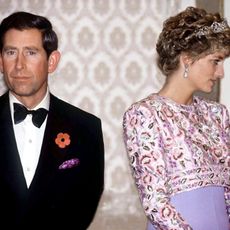 Princess Diana Revealed to a Royal Author the Real Reason Why Her Marriage to Prince Charles Ended Not Long Before She Died in 1997
Princess Diana Revealed to a Royal Author the Real Reason Why Her Marriage to Prince Charles Ended Not Long Before She Died in 1997And no, it apparently wasn’t Camilla Parker-Bowles.
By Rachel Burchfield Published
-
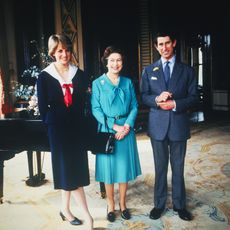 Princess Diana Told Queen Elizabeth Through Tears That Her Then-Husband Prince Charles Was “A Nightmare” and That She “Hated” Him, Royal Author Claims
Princess Diana Told Queen Elizabeth Through Tears That Her Then-Husband Prince Charles Was “A Nightmare” and That She “Hated” Him, Royal Author ClaimsIngrid Seward’s new book examines the relationship between mother and son, Her late Majesty and her heir, Charles.
By Rachel Burchfield Published
-
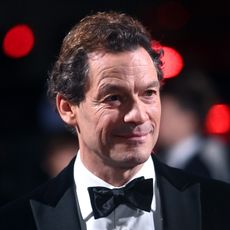 Dominic West Says He Got in Bed and Didn’t Leave for Two Days After Reading Reviews of ‘The Crown’
Dominic West Says He Got in Bed and Didn’t Leave for Two Days After Reading Reviews of ‘The Crown’Much like the character of Prince Charles that he portrays, West is “a sensitive soul.”
By Rachel Burchfield Published
-
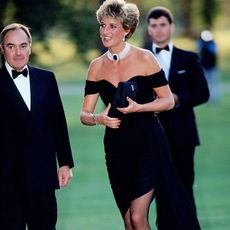 If You Want One of 450 Items from the Set of ‘The Crown,’ Now’s Your Chance to Claim It
If You Want One of 450 Items from the Set of ‘The Crown,’ Now’s Your Chance to Claim ItA replica of Princess Diana’s revenge dress? Could be yours. How about your very own Gold State Coach? Up for grabs, too.
By Rachel Burchfield Published
-
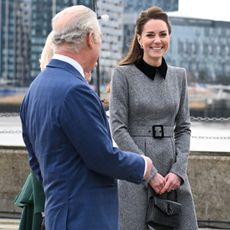 Kate Middleton Gave an Honest, Eight-Word Assessment About the First Time She Met King Charles
Kate Middleton Gave an Honest, Eight-Word Assessment About the First Time She Met King CharlesThe King and the Princess of Wales—famously close to one another—are both currently hospitalized at The London Clinic.
By Rachel Burchfield Published
-
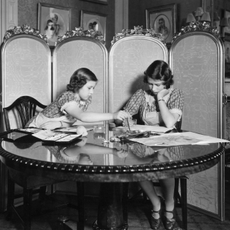 Queen Elizabeth II's Childhood Drawing, Which Her Mom Called "Very Poor," Is Up for Auction
Queen Elizabeth II's Childhood Drawing, Which Her Mom Called "Very Poor," Is Up for AuctionSavage.
By Iris Goldsztajn Published
-
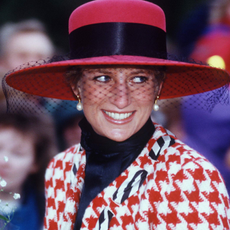 Princess Diana Made a Sandringham Christmas Gaffe Because She and Prince Charles Didn't "Communicate Very Well," Commentator Says
Princess Diana Made a Sandringham Christmas Gaffe Because She and Prince Charles Didn't "Communicate Very Well," Commentator SaysNot great.
By Iris Goldsztajn Published
-
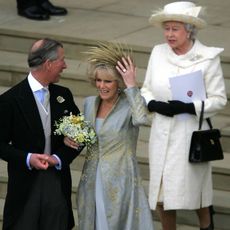 How Did Queen Elizabeth Really Feel About Then-Prince Charles and Camilla Parker-Bowles’ Polarizing 2005 Wedding?
How Did Queen Elizabeth Really Feel About Then-Prince Charles and Camilla Parker-Bowles’ Polarizing 2005 Wedding?This week’s final installment of ‘The Crown’ will cover the wedding as the series wraps up for good.
By Rachel Burchfield Published